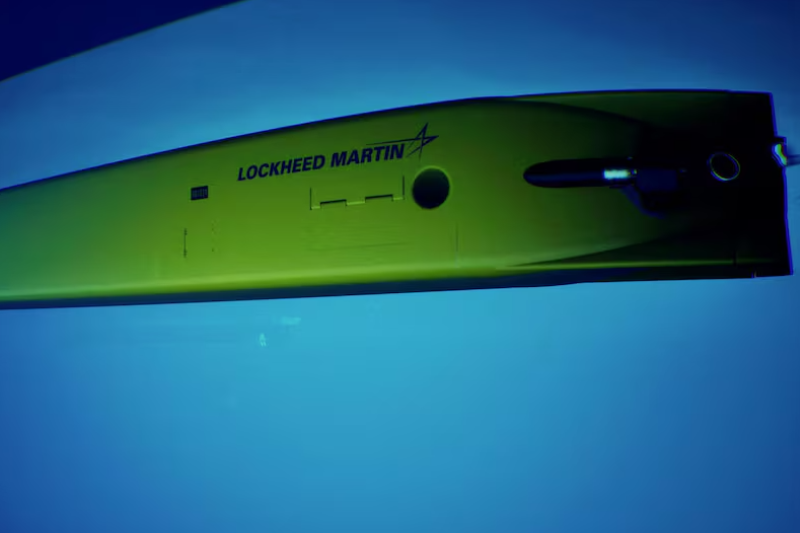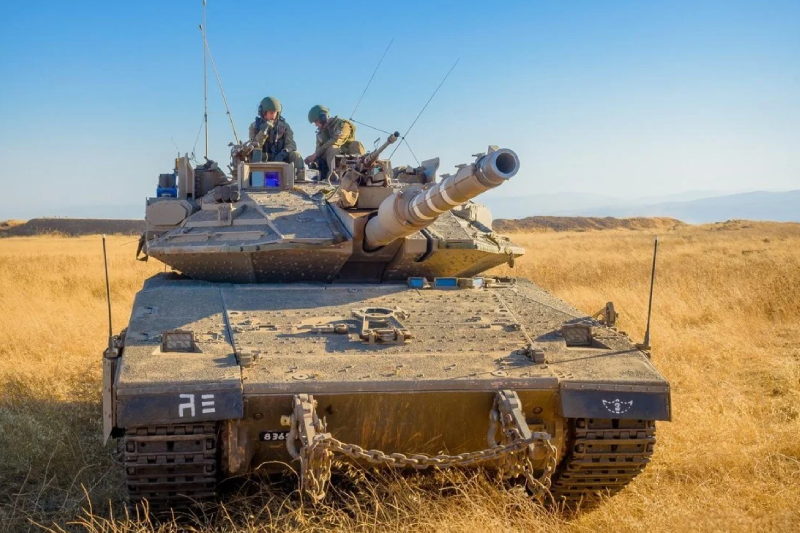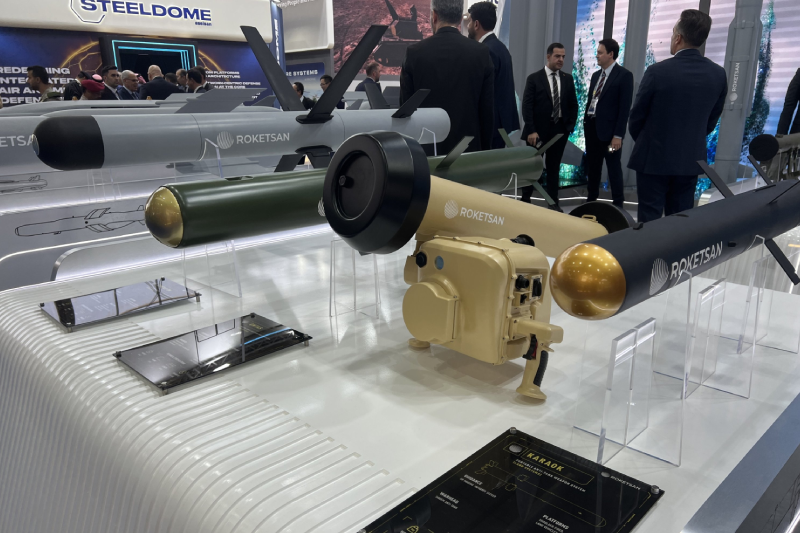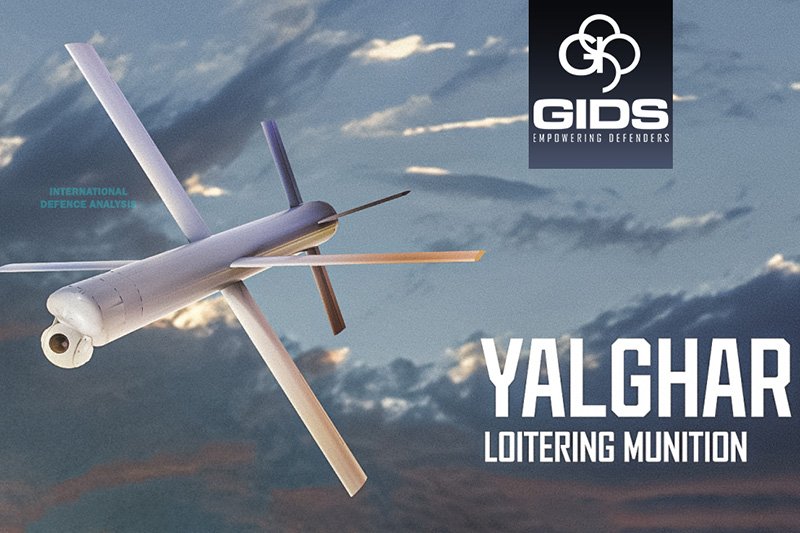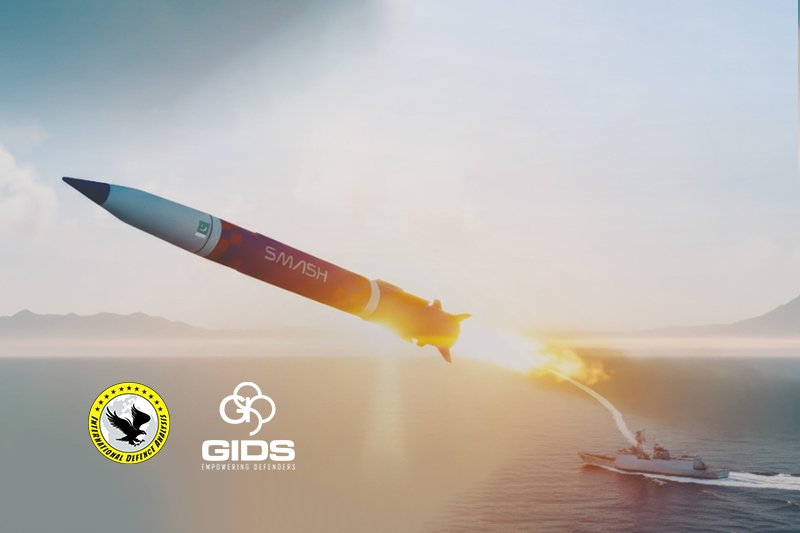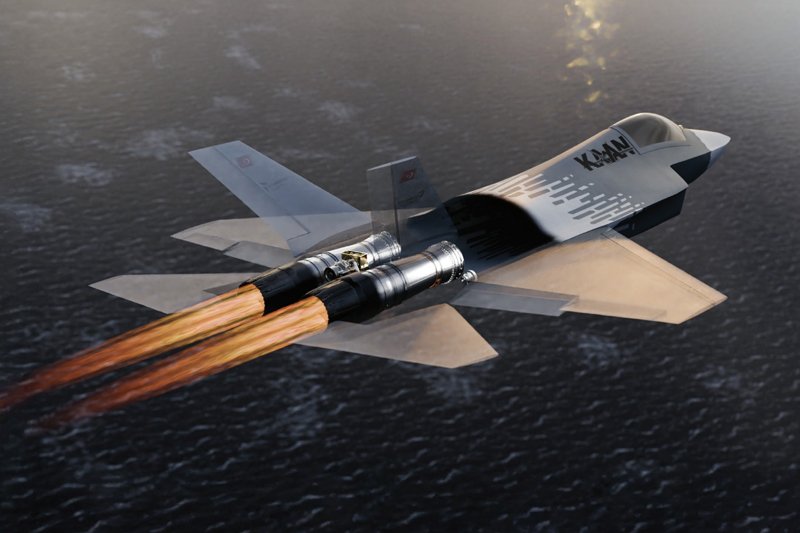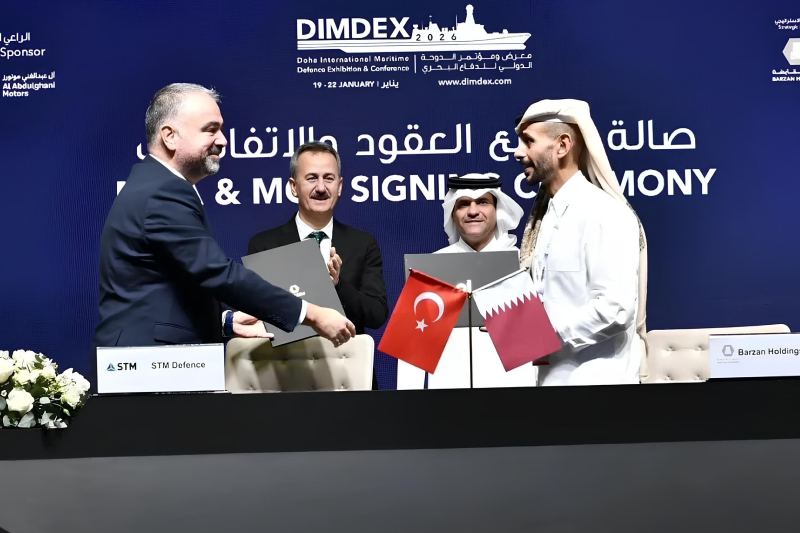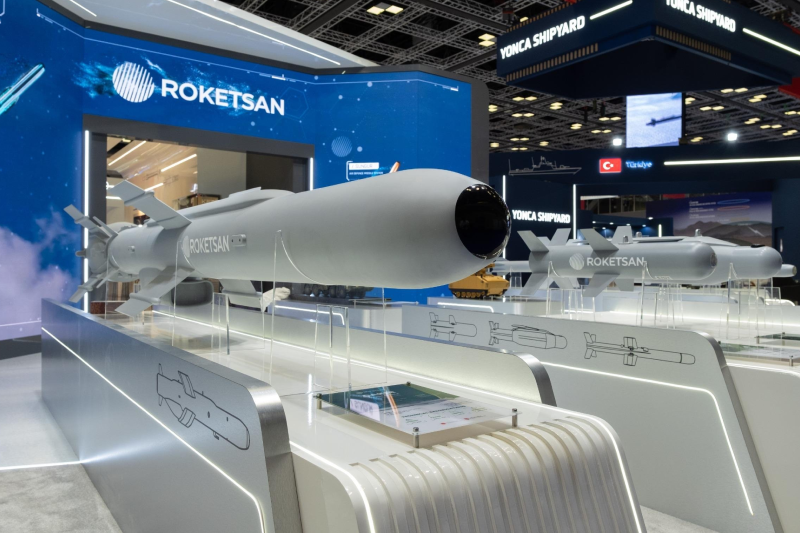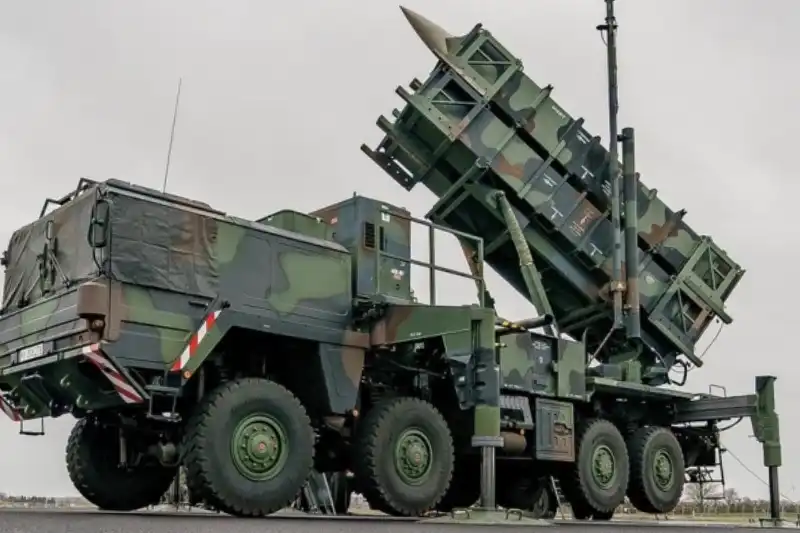Germany to Provide Ukraine with $5B Patriot Missile Systems
German Major General Christian Freuding has announced that Berlin is preparing to finalize a substantial defense procurement agreement with the United States to acquire two MIM-104 Patriot long-range air defense systems specifically for delivery to Ukraine. This $5 billion investment represents Germany’s continued commitment to supporting Ukrainian defense capabilities despite mounting costs and battlefield challenges.
The deal is expected to be concluded during an official visit by German Defence Minister Boris Pistorius to the United States, highlighting the diplomatic importance of this military aid package. This procurement comes at a critical time when Ukraine’s air defense capabilities face unprecedented pressure from intensified Russian missile and drone attacks targeting civilian infrastructure and military positions.
Europe Fills Defense Gap Amid US Hesitation
The German procurement follows growing reluctance by Washington to finance additional transfers of Patriot systems to the Ukrainian Armed Forces. President Donald Trump recently characterized the Patriot system as “very rare” and “very expensive,” stating that his administration would need to “take a look” at Ukrainian requests for additional systems.
Trump’s comments reflect broader American concerns about the financial burden of supporting Ukraine’s defense needs, noting that “it’s a shame that we have to spend so much money” on supporting Kiev. This shift in American policy has created pressure on European allies to assume greater responsibility for Ukrainian military support, particularly for high-value defense systems.
Battlefield Risks for High-Value Assets
The Patriot represents the most valuable military asset currently in Ukrainian service, with each complete system costing approximately $2.5 billion. These sophisticated air defense systems have become essential for Ukraine following the extreme depletion of its previously extensive Soviet-era arsenals of S-300 and BuK air defense systems.
The transition from Soviet-era systems to Western alternatives has created logistical challenges for Ukrainian forces, requiring extensive training programs and maintenance support. The high value and complexity of Patriot systems make their protection and effective deployment critical factors in Ukraine’s overall air defense strategy.
Combat Attrition Sparks Doubts
Patriot systems delivered to Ukraine have experienced significant combat attrition rates, with Russian Iskander-M ballistic missile systems proving particularly effective against these advanced air defense platforms. Ukrainian Air Force reports have specifically highlighted the Iskander-M’s ability to evade interception by Patriot systems, raising questions about the system’s effectiveness against modern ballistic missile threats.
Video footage has confirmed multiple successful Iskander strikes against Patriot batteries, radars, and command vehicles throughout 2024. The first confirmed destruction of a Patriot system occurred on February 23, 2024, followed by another system destroyed near Sergeevka the following month. Additional footage from July 2024 confirmed the destruction of two batteries in the Odessa region.
Iskander-M Shows Tactical Edge
The Iskander-M ballistic missile system has achieved notable successes against Ukrainian air defenses, with confirmed strikes destroying multiple Patriot components including AN/MPQ-65 radars, combat control cabins, and missile launch vehicles. On August 11, three batteries and an AN/MPQ-65 radar were reported destroyed in Iskander-M strikes, demonstrating the system’s continued effectiveness.
Recent Iskander-M successes have included the destruction of Patriot AN/MPQ-65 multifunctional radar stations, combat control cabins, and missile launch vehicles in the Dnepropetrovsk region. The availability of Iskander-M systems has grown considerably due to Russian defense sector successes in surging production capabilities.
Europe Drains Stockpiles for Ukraine
Several European nations, including Germany, have donated significantly larger portions of their Patriot missile arsenals to Ukraine compared to American contributions. The German arsenal has been effectively exhausted through these donations, forcing the country to pursue new procurement arrangements to maintain support for Ukrainian defense capabilities.
German Foreign Minister Annalena Baerbock confirmed in April 2024 that “the stocks, especially our own Patriot systems, are now pretty much exhausted.” She emphasized the need to check availability of all Patriot systems in Europe and globally, demonstrating the widespread depletion of these critical defense assets among NATO allies.
US Shifts from Aid to Commercial Sales Model
Ukrainian officials reported in May that the United States was not expected to provide further Patriot systems as direct military aid. Instead, American officials indicated they would consider selling systems to Ukraine either for hard currency or in exchange for concessions, representing a fundamental shift in aid policy.
“They think like business people. If I give you something, you have to give me something in return,” one Ukrainian official informed the Washington Post, highlighting the transactional nature of future American military support. This approach reflects broader American concerns about the sustainability of current aid levels and the need for burden-sharing among allies.
Concerns Over Patriot Costs
Despite Germany’s willingness to invest in financing new Patriot systems, the cost-effectiveness of such procurements has been widely questioned by defense analysts. The systems have demonstrated serious limitations and vulnerability to modern ballistic missile threats, while their high cost raises questions about resource allocation efficiency.
Additionally, newly procured systems are unlikely to be delivered in time to significantly impact Russia’s current major advances, limiting their immediate tactical value. The extended procurement and deployment timeline raises strategic questions about whether alternative defense investments might provide better value for supporting Ukrainian resistance efforts.
Also read this: France to Increase Defense Budget by $7.6B, Macron Announces
Future Implications for NATO Defense Industrial Base
Germany’s $5 billion investment in Patriot systems for Ukraine represents a significant commitment to supporting allied defense capabilities while highlighting the challenges facing NATO’s defense industrial base. The procurement demonstrates both European resolve to support Ukraine and the financial burden of maintaining effective deterrence against modern missile threats.
The success or failure of these systems in Ukrainian service will likely influence future NATO air defense procurement decisions and strategies for countering advanced ballistic missile threats. This investment may also accelerate development of next-generation air defense systems designed to address current tactical limitations.
Keep connected with us at Facebook, Twitter, YouTube, Instagram & TikTok for the latest defense happening around the globe.
Discover more from International Defence Analysis
Subscribe to get the latest posts sent to your email.


